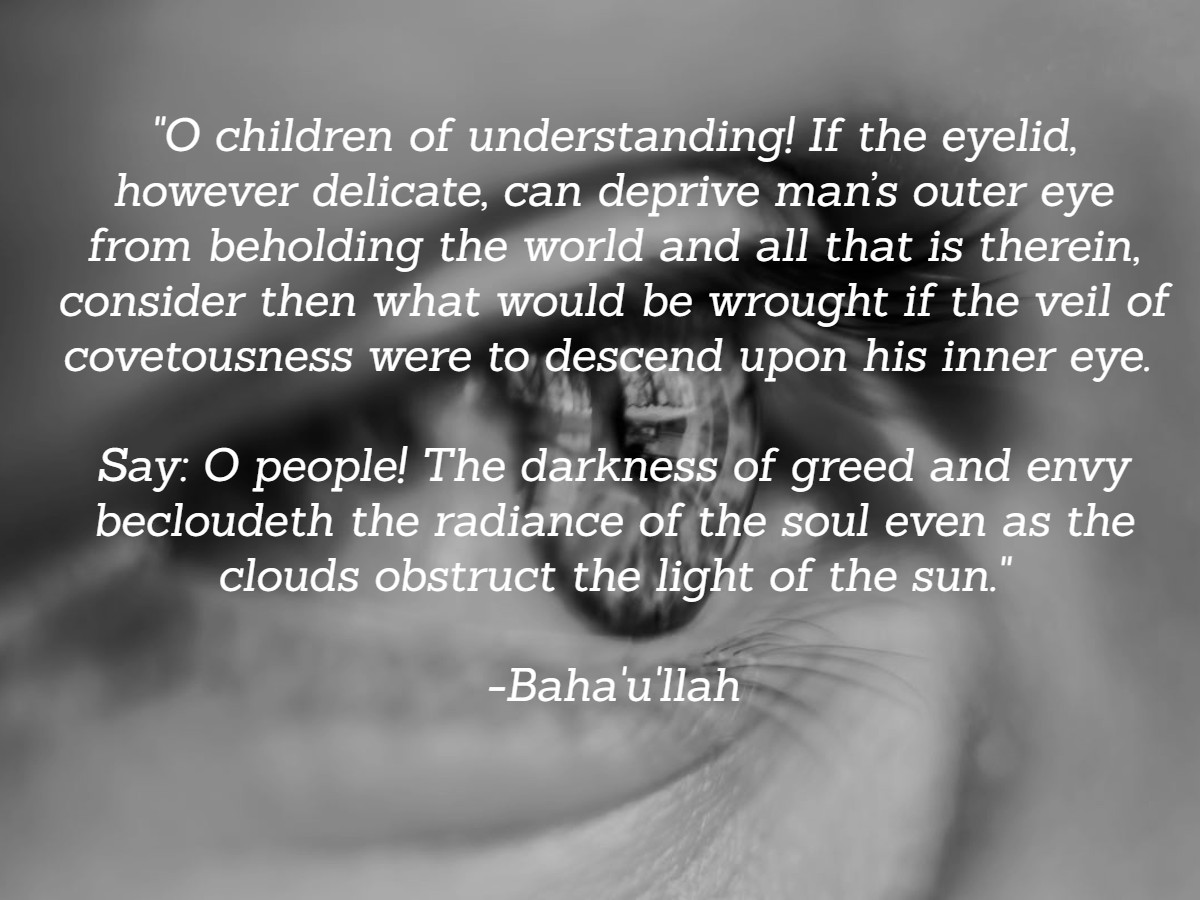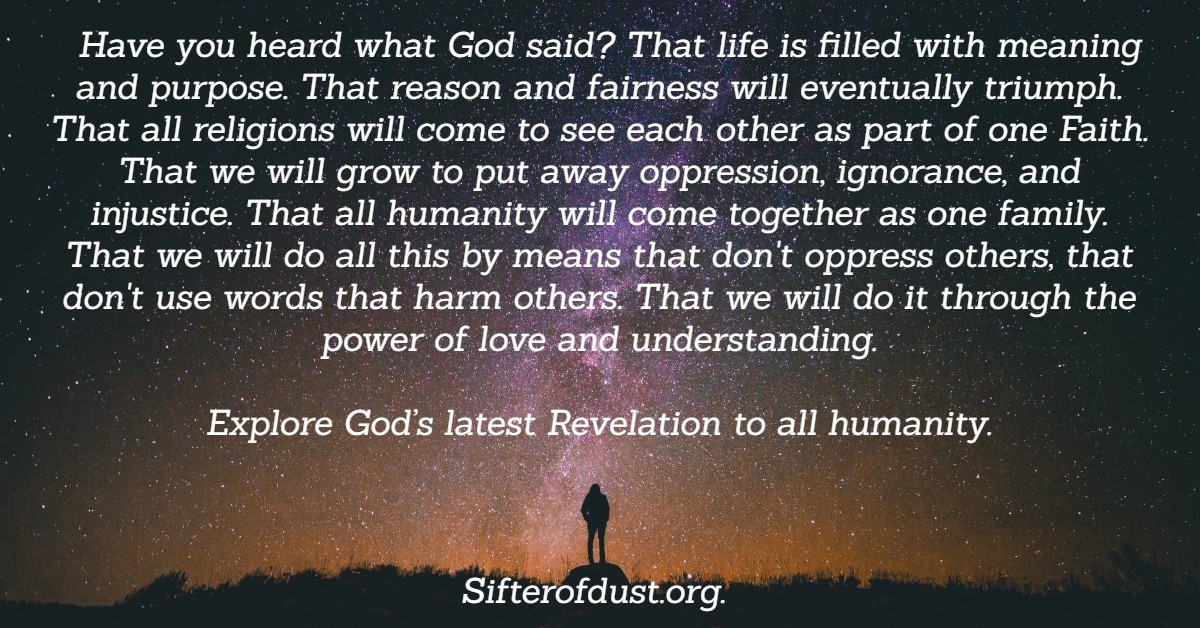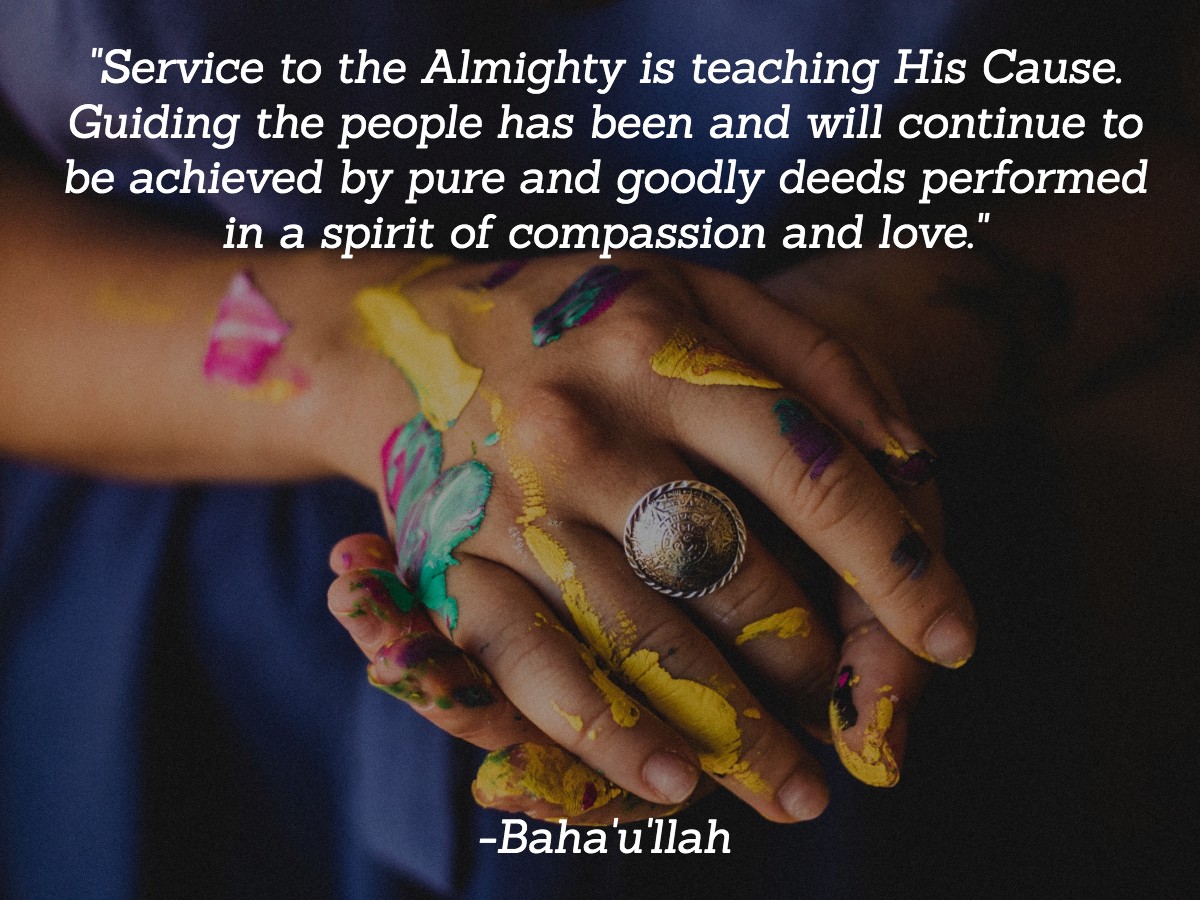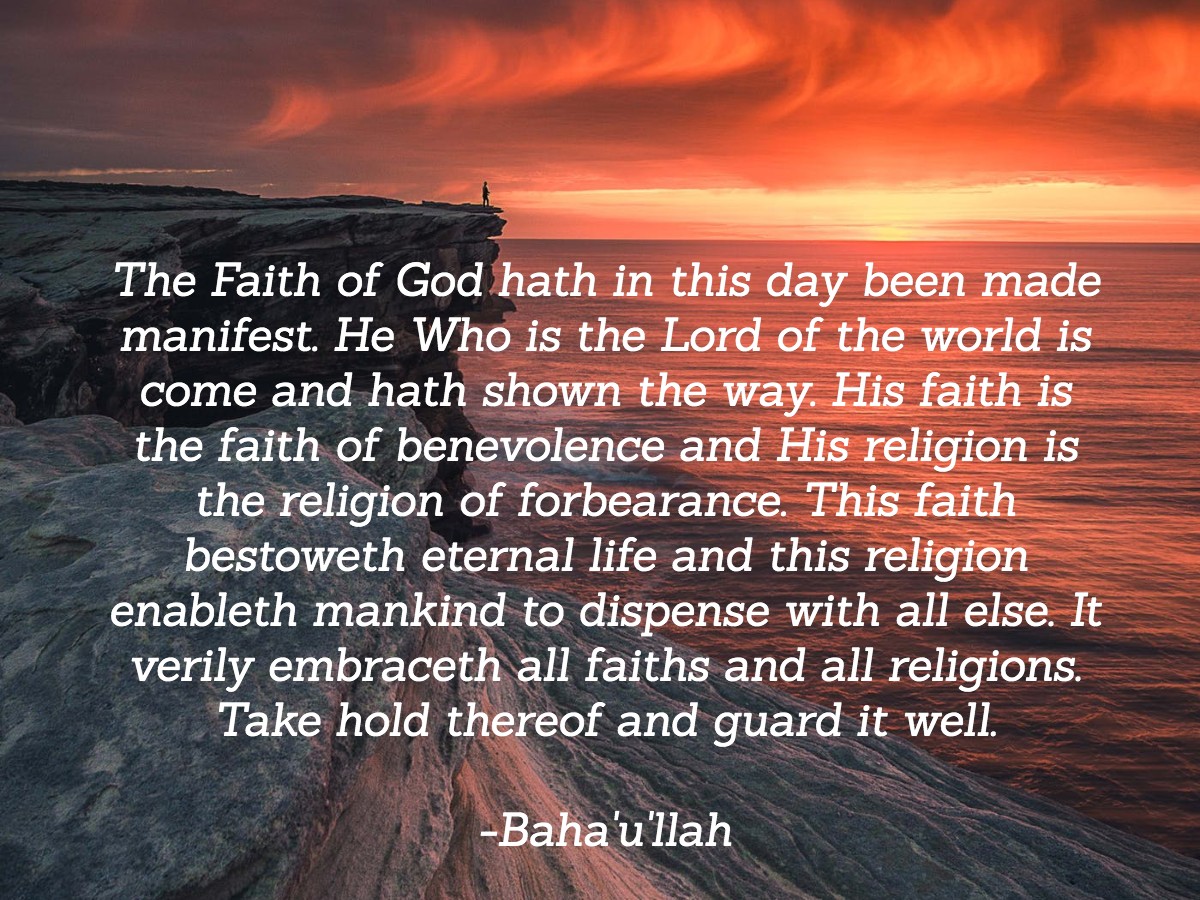The current crisis in our country brings to the fore many fundamental issues that have been long neglected in public discourse. It is the nature of our public dialogue however, that we don’t address religion in a substantive way in the public space. Because of that, we don’t talk about one of the most important and fundamental ways to improve our society.- spiritual and moral education.
As any doctor knows, the most effective way to prolong a patient’s life is to prevent disease in the first place. The earlier we can intervene in the natural history of a disease, the more effective we are in raising the overall health of an individual and a society. As much as doctors are excited about interventions like cardiac catheterization and transplant surgery, the greatest strides in human health have been made through much less complex interventions- clean water, healthy diet, sufficient exercise, avoidance of drugs and alcohol, and vaccination for common but deadly infectious diseases. Most of the disease burden in our society can be traced to a failure of those simple strategies.
As we see the strife on our streets and think about solutions, there are some obvious practical strategies that are being considered in various cities, like reorienting police services such that they work closely with communities to solve problems peacefully. New laws are being proposed at the state and federal level. All of this is appropriate and necessary, and reflect much thought and wisdom. But its important that we not neglect longer term strategies that may ultimately prove far more effective.
At the most fundamental level, the most important intervention to improve the overall health of our society is spiritual and moral education. In describing the teachings of His Revelation, Baha’u’llah stated that “they whom God hath endued with insight will readily recognize that the precepts laid down by God constitute the highest means for the maintenance of order in the world and the security of its peoples”. He placed particular focus- not on stricter laws to maintain “law and order” or forcing political change- but on the education of human hearts, starting from the earliest ages of childhood and “integrated with the mother’s milk”.
Regard man as a mine rich in gems of inestimable value. Education can, alone, cause it to reveal its treasures, and enable mankind to benefit therefrom. If any man were to meditate on that which the Scriptures, sent down from the heaven of God’s holy Will, have revealed, he would readily recognize that their purpose is that all men shall be regarded as one soul..and the light of Divine bounty, of grace, and mercy may envelop all mankind.
Baha’u’llah promoted all forms of education, but as He also expressed clearly- religion is a form of education- spiritual and moral education- and it’s purpose is to unlock powers within us that then can be manifested in our actions, and our whole society is transformed as a result.
‘Abdu’l-Baha’ described it in this way-
Religion…is not a series of beliefs, a set of customs; religion is the teachings of the Lord God, teachings which constitute the very life of humankind, which urge high thoughts upon the mind, refine the character, and lay the groundwork for man’s everlasting honor.
But ‘Abdu’l-Baha’ did not mean any thing that masquerades as “religion”, but the pure waters of revelation that flow out from the words of the Manifestations of God.
O true companions! All humankind are as children in a school, and the Dawning-Points of Light, the Sources of divine revelation, are the teachers, wondrous and without peer. In the school of realities they educate these sons and daughters, according to teachings from God, and foster them in the bosom of grace, so that they may develop along every line, show forth the excellent gifts and blessings of the Lord, and combine human perfections; that they may advance in all aspects of human endeavour, whether outward or inward, hidden or visible, material or spiritual, until they make of this mortal world a widespread mirror, to reflect that other world which dieth not.
The touchstone of truth was whether that religion promoted values that led to the upliftment and unity of all peoples-
The divine religions must be the cause of oneness among men, and the means of unity and love; they must promulgate universal peace, free man from every prejudice, bestow joy and gladness, exercise kindness to all men and do away with every difference and distinction. Just as Bahá’u’lláh addressing the world of humanity saith: “O people! Ye are the fruits of one tree and the leaves of one branch.” At most it is this, that some souls are ignorant, they must be educated; some are sick, they must be healed; some are still of tender age, they must be helped to attain maturity, and the utmost kindness must be shown to them. This is the conduct of the people of Bahá.
When Abdu’l-Baha’ came to America, he noted the marked advance of American society- the richness of its cities and its advance in “material civilization”. But he noted a lack of what he called “spiritual civilization”. Too much emphasis was placed on economic development, to the detriment of “human development”. This was reflected in many areas of society, including the criminal system-
“Material civilization, through the power of punitive and retaliatory laws, restraineth the people from criminal acts; and notwithstanding this, while laws to retaliate against and punish a man are continually proliferating, as ye can see, no laws exist to reward him. In all the cities of Europe and America, vast buildings have been erected to serve as jails for the criminals.”
This has led to a ridiculous amount of imprisonment in American society, particularly among people of color. That’s is just one example. In reality, “material civilization” if not combined with “spiritual civilization”, if all we care about is “material development”, naturally leads to the impoverishment of people’s souls so that they no longer manifest the qualities that lie within them. Injustice, the hoarding of wealth and opportunity, widening social and economic disparities, and an attachment to triviality are all reflective of a society that no longer has a deeper dimension, is no longer committed to ideals for the sake of ideals alone.
Baha’i communities all over the world are trying to change this, by bringing spiritual and moral education into every community on the planet. Neighborhood study circles and children’s classes teach the oneness of humanity and inspire noble ideals. Devotional gatherings- open to all the people of the community- provide the inspiration for people to work together collaboratively for the good of their communities.
You aren’t going to read about these efforts in the New York Times, and CNN is yet to send out one of their reporters, but in truth, this is more important than virtually anything else happening in our world. It’s the slow and patient building of a new civilization, one that more appropriately balances the “material” and the “spiritual”, where people regard others as their brothers and sisters and work collaboratively to build a new society- guided by the most sublime spiritual and moral principles the world has ever known.








